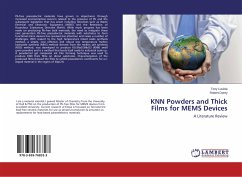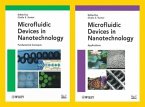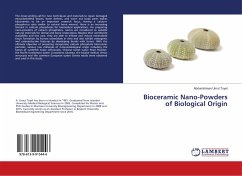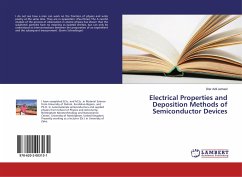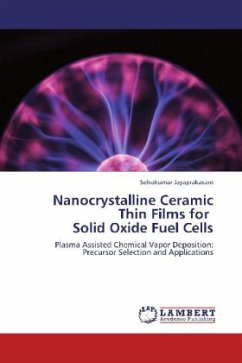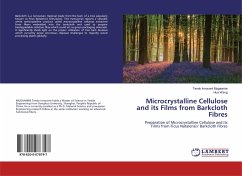Pb-free piezoelectric materials have grown in importance through increased environmental concern related to the presence of Pb and the subsequent legislation that has arisen including directives such as Waste Electrical and Electronic Equipment (WEEE) and the Restriction of Hazardous Substances Directive (RoHS). While much progress has been made on producing Pb-free bulk materials, the need to integrate these next generation Pb-free piezoelectric materials with substrates to form functional micro devices has received less attention and raises a number of challenges. With respect to the high temperature mixed oxide synthesis method, a simple, cost effective and robust low temperature molten hydroxide synthesis (MHS) method derived from the molten salt synthesis (MSS) method, was developed to produce K0.5Na0.5NbO3 (KNN) small grain powders and is a method that lends itself easily to industrial scale up. A powder/sol gel composite ink film forming technique was used to produce KNN thick films on silicon substrates. Characterisation of the produced films showed the films to exhibit piezoelectric coefficients for un-doped material in the region of 30pC/N.
Bitte wählen Sie Ihr Anliegen aus.
Rechnungen
Retourenschein anfordern
Bestellstatus
Storno

